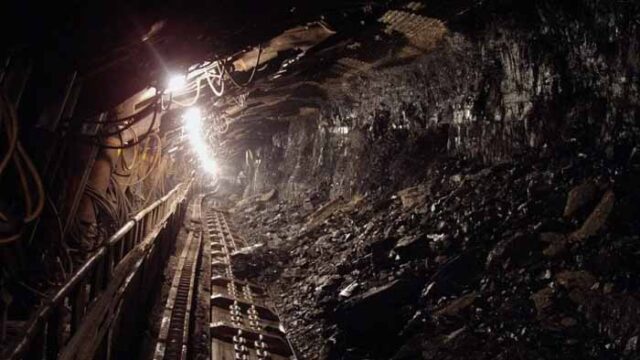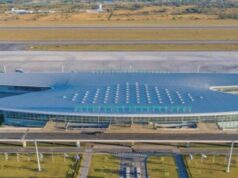
(3 minutes read)
The dividend owed to the Iranian government as part of its 15% stake in the Rössing Uranium Mine has increased to approximately N$331 million. All dividends accruing to IFIC since 2007 have remained in an Escrow account under the control of Rössing Uranium Limited, stated Rössing Uranium Managing Director Johan Coetzee.
The Iranian government, represented by the Iranian Foreign Investment Company (IFIC), became an active shareholder in the 1970s. However, due to sanctions imposed on the country over concerns about its uranium enrichment programme, it has not been able to receive any financial benefits since 2007. In 2006, the United Nations Security Council voted to impose sanctions on Iran. Coetzee also mentioned that there have been no discussions regarding IFIC’s ownership in Rössing, even after Rio Tinto’s sale of its shareholding to the China National Uranium Corporation (CNUC). He further stated that IFIC does not have any influence over the mine’s affairs.
RUL does not enter into sales agreements with the Government of Iran or IFIC, the direct shareholder. No RUL material is sold or shipped to Iran. Following the sale of Rio Tinto’s shareholder to CNUC, this position will remain unchanged. IFIC does not have any representative on the Board of RUL.
Read Also:
https://trendsnafrica.com/namibia-topped-press-freedom-rankings-in-africa/
https://trendsnafrica.com/kudu-gas-project-namibia-explores-the-prospects-of-partnering-with-sa/
https://trendsnafrica.com/green-hydrogen-production-in-namibia-ready-by-2026/
According to the company’s latest sustainability and performance report, Rössing Uranium recorded an after-tax profit of N$840 million in 2022, up from N$193 million in the previous year. The total revenue earned during this period amounted to N$4.84 billion, compared to N$4.26 billion in 2021. Coetzee attributed this positive performance to higher uranium prices, which were 14% higher than in 2021. However, Rössing produced 16.6 million tonnes of uranium oxide during the period, which was slightly less than the amount produced in 2021.





